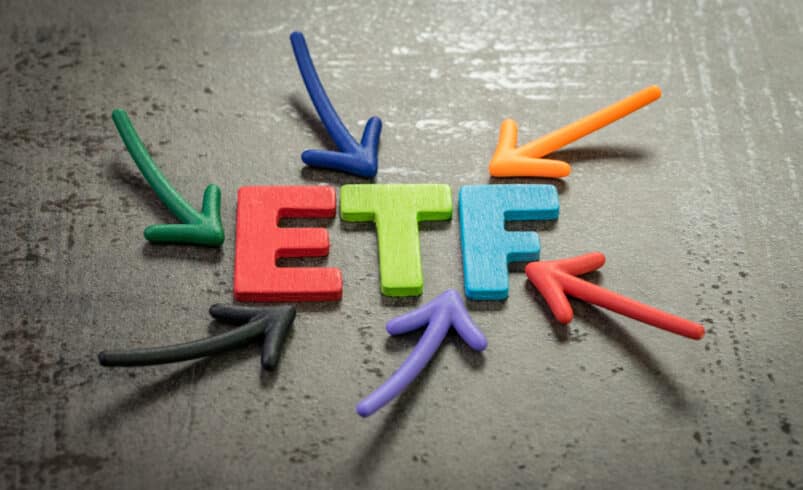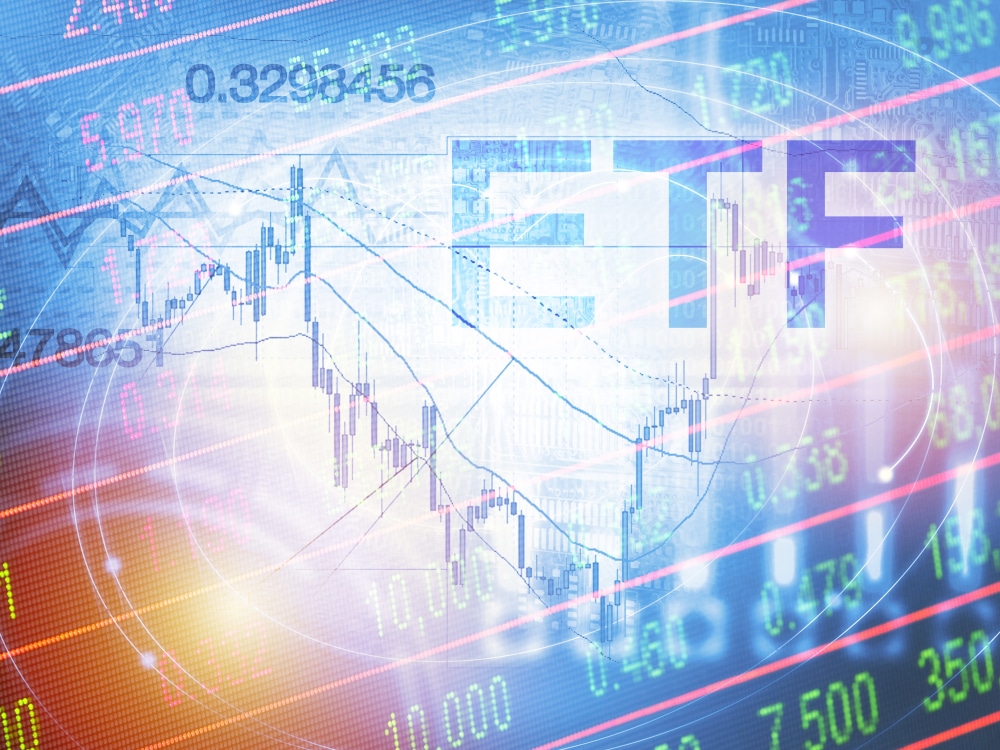What is Trading Psychology and Why Does It Matter?

What is Trading Psychology?
Most investors are concerned with creating the best risk management system or adding the top-performing cryptocurrencies to their portfolio. However, one hidden factor that investors may ignore is investment psychology.
Investment psychology starts from intrinsic analysis that can stem from emotional bias leading to bad decisions. At the same time, trading psychology is also extended to analyzing the collective psychology of the investment market at large.
How to Evaluate Intrinsic Psychology When Trading
The first step for investors is to work on their own mindset when dealing with trading. Investors can use indicators to quantify and measure the trading mindset such as the Fear and Greed Index.
The fear and greed index takes two important aspects; the first one is greed which revolves around increasing demand and its logical basis in the investment markets.
Meanwhile, fear is the sentiment when investors start to sell their positions on account of a growing expectation of price devaluation. Managing investment without basing decision on emotions is part of the fundamental analysis.
How are Traders Affected by Emotions?
Here are some factors that can lead to losses when investors are trading with emotional bias:
Unrealistic Expectations
Trading is not going to warrant massive returns and sizeable profits for investors in the short-term. There are many people who treat cryptocurrencies as the get-rich-quick scheme and invest the major portion of their savings in one asset class.
However, the process of trading requires considerable efforts and skills. It is also not a side hustle and investors who are able to make substantial returns from it have to invest a lot of time, energy, and efforts into the process.
Losing
Even trained professionals with years of experience in trading may face losses from time to time. Therefore, investors must always foray into the market by considering the practical chances of losing the value of their investments.
Winning
When a new trader makes profit, they experience a sense of elation. This can create a bias in them that makes them feel invincible. Such thoughts can lead the investors to discredit the potential of risks associated with their trades and make bad trading decision leading to massive losses.
Market Sentiment
Trading psychology is not just about managing personal mindset but it is extended to the overall psychology of the greater market. Cryptocurrencies are traded around the world meaning that it is difficult the access the correct market sentiment.
A negative sentiment signals upcoming devaluation leading to panic selling while a positive sentiment can lead to portfolio increment.
Strategies to Manage Trading Psychology
Here are some strategies that investors can use to manage their psychological bias when it comes to trading successfully:
Long-term Thinking
Investors must base their trading decisions on long-term thinking and planning. This can be done by creating a viable and streamlined trading strategy in advance. When investors stick with their investment plans, they will be able to avoid making emotional decision on account of short-term market changes or harboring unrealistic expectations.
At the same time, this allows investors to keep their focus set on long-term goals rather than getting stuck in short-term trades.
Taking a Break
Professional and new investors may spend a massive amount of their time monitoring the markets. When investors are exposed to an overwhelming amount of market exposure, their perception of the markets may start to devolve.
In this manner, investors can be influenced by biased material and end up making emotional decisions. Therefore, it is important for investor to take a break from the investment market from time to time and refresh their perspective by engaging in other activities.
Learn from Mistakes
It is natural to make mistakes when trading and every investor is aware of the margin of error when dealing with a volatile asset class. However, it is not a good idea to dwell on minor issues.
At the same time, investors must not become too careless about their mistakes and keep a record of all the decisions that led to losses in order to avoid them in the future.
Conclusion
Cryptocurrencies are often classified as highly volatile asset classes. At the same time, the crypto market is very active on social media platforms which can lead investors to collect miscellaneous or arbitrary information from all sides. On this account, the investors must identify their blind spots when it comes to managing their trading psychology and incorporate strategies to mitigate them.













